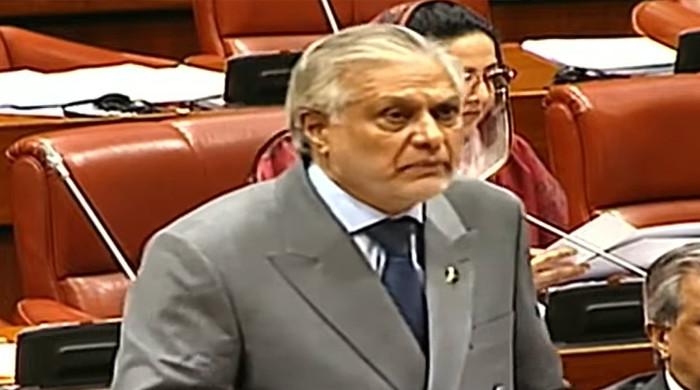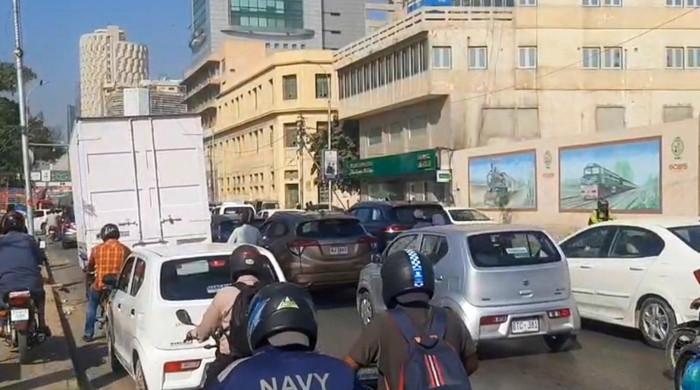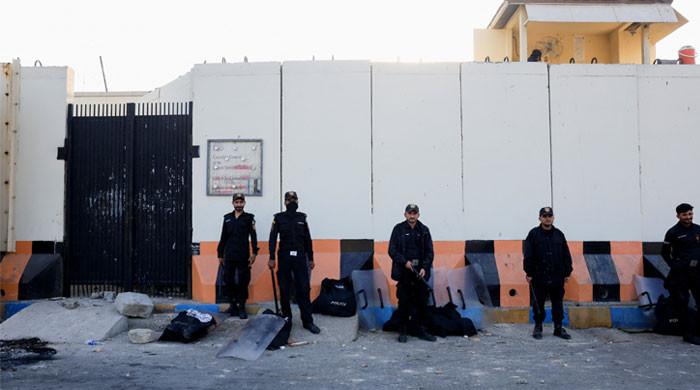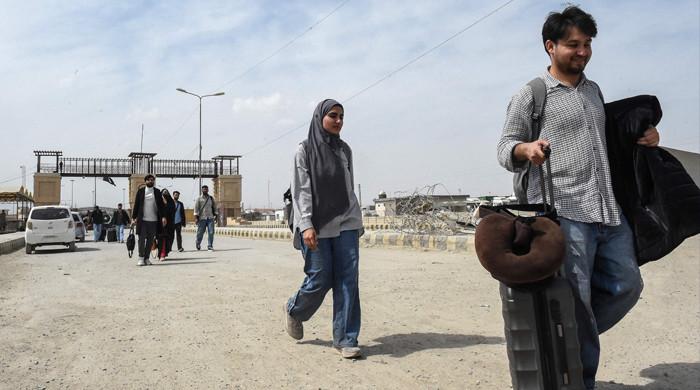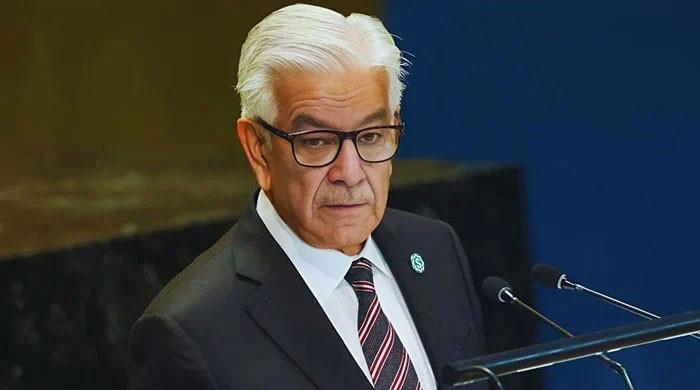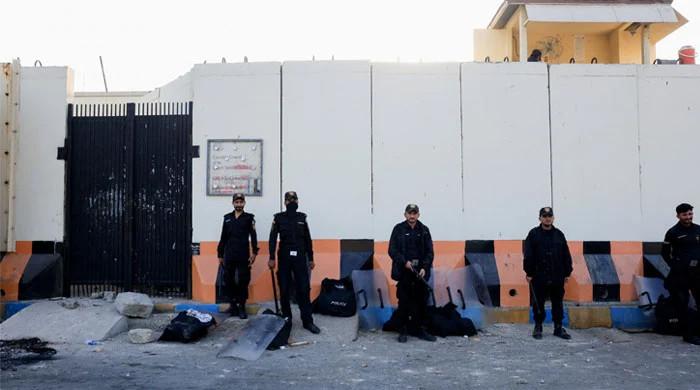Seized, used, forgotten: IHC slams Excise over teacher's car case
Court finds Excise failed to follow mandatory rules before confiscation decision
July 12, 2025
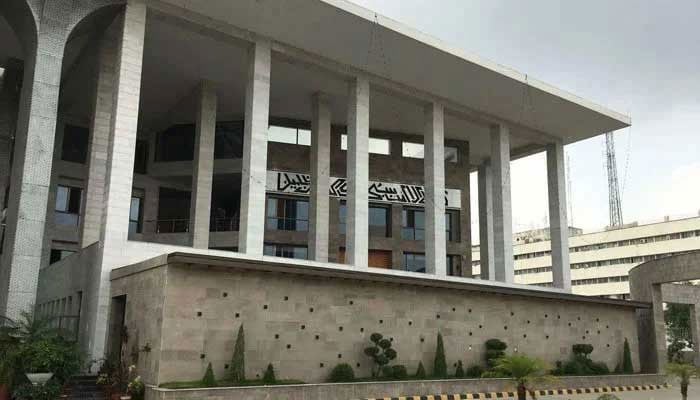
ISLAMABAD: In a scathing judgment, the Islamabad High Court (IHC) has set aside the confiscation of a schoolteacher’s vehicle by the Excise and Taxation Department, criticising the department for unlawfully seizing and then using the car for its own benefit for nearly two years without due process.
The case revolved around a 1990 model car purchased by petitioner Marya Fiaz, a schoolteacher, who had relied on the official registration book issued by the Motor Registration Authority (MRA) — a document that recorded nine previous lawful owners over two decades.
After submitting the transfer documents and obtaining a receipt on January 21, 2020, her husband received a call from the MRA the same evening to return the car for forensic examination.
The Excise Department subsequently kept the vehicle, conducted a forensic test without informing the petitioner, and eventually issued a confiscation order on March 5, 2020.
The department retained the car for nearly two years, during which it was used by officials for departmental purposes, while the petitioner was left without any remedy or means of transport.
The IHC judgment, authored by Justice Sarfraz Ejaz Ishaq Khan and issued on July 11, 2025, highlighted how the Excise Department failed to comply with the Islamabad Capital Territory (Seizure and Disposal of Motor Vehicles) Rules, 2014.
In particular, the department bypassed Rule 5, which requires determining the bona fide ownership of the person from whom the vehicle is seized, and moved directly to confiscation under Rule 7 — a step the court found legally untenable.
“Not only did the vehicle stand confiscated beyond the statutory period, [the petitioner] has to pay for the department to learn that it has not performed its legal duties,” the court noted, adding that she deserved to recover legal costs for reminding the authorities of their obligations.
The court also criticised the department’s shifting of blame onto the petitioner for its own failure to verify documents at the time of past registrations. It ruled that the Excise Department could not disown its own registration book and then penalise an innocent buyer.
The forensic science laboratory (FSL) had reported signs of a cut-and-weld operation on the chassis, but during court proceedings, the examiner admitted that it was impossible to determine when the tampering occurred or who was responsible. The court accepted that no stolen vehicle had been linked to the car, and that the petitioner was not involved in any wrongdoing.
In its final ruling, the court set aside the confiscation order, stating that the petitioner had been deprived of her vehicle without legal justification. It further noted that the Motor Vehicle Ordinance does not allow for confiscation except in cases where the car is permanently unfit for use — a condition that did not apply here.
The court also viewed the case as a test of institutional conduct, urging the department to adopt a more humane approach, especially in cases involving low-income citizens. “The Rules make it mandatory on them to be humane and considerate to bona fide purchasers of vehicles,” the judgment said.
Following repeated failures by the department to issue a lawful, evidence-based order, the IHC had earlier ordered the release of the vehicle to the petitioner in March 2022, pending final adjudication. However, the legal battle itself dragged on for more than five years.
Justice Khan concluded the judgment by emphasising that innocent buyers should not suffer for systemic failures, adding that rule-based protections must be implemented in both letter and spirit.





